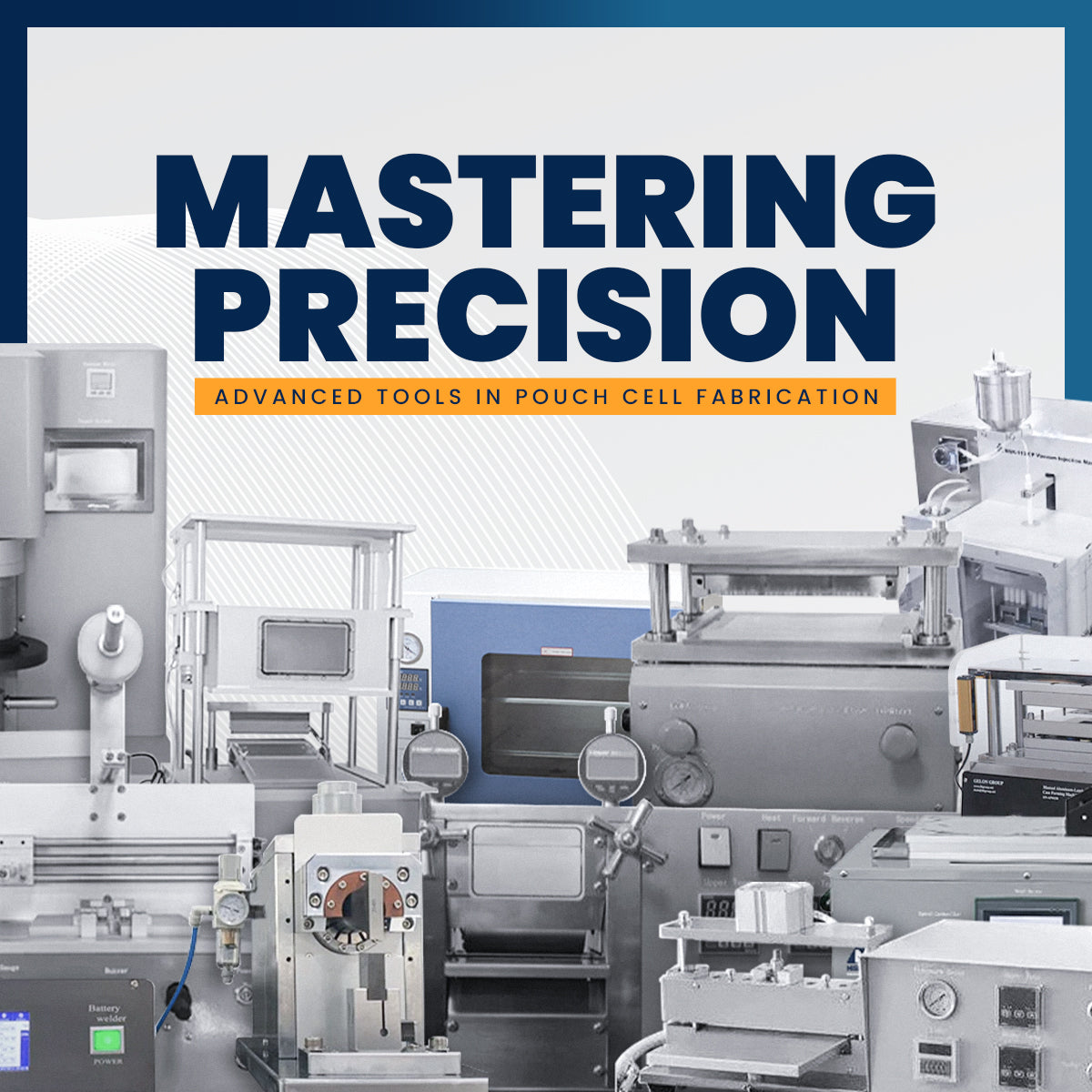Cryogenic Storage of Biological Samples
Posted by Product Manager on
Buy Cryogenic Storage Products for the Best Price at MSE Supplies
Cryogenic storage refers to the process of preserving materials, typically biological samples or sensitive substances, at extremely low temperatures. This involves cooling the materials to temperatures well below freezing, often near absolute zero (-273.15°C or -459.67°F), where the molecular and chemical activity of the stored substances is greatly reduced. Cryogenic storage is used to maintain the integrity and viability of these materials for extended periods of time, sometimes even indefinitely.

Cryogenic storage helps prevent degradation and deterioration of materials over time, making it an essential technique for preserving valuable and sensitive substances. However, it's important to note that cryogenic storage requires careful handling and specialized equipment to ensure the safety of both the stored materials and the individuals working with them.
The low temperatures used in cryogenic storage are achieved by using specialized equipment such as cryogenic freezers or liquid nitrogen tanks. Commonly used cryogenic storage techniques include:
Buy Cryogenic Storage Products for the Best Price at MSE Supplies
- Liquid Nitrogen Storage: Liquid nitrogen is a very cold substance (-196°C or -321°F) and is commonly used as a coolant for cryogenic storage. Biological samples like cells, tissues, and reproductive cells (sperm and embryos) are often stored in liquid nitrogen to maintain their viability for research, medical, and reproductive purposes. (LN2 Dewars coming soon to MSE Supplies!)
- Cryogenic Freezing: Samples are cooled gradually to very low temperatures, often using a controlled-rate freezing process. This helps prevent the formation of damaging ice crystals, which can occur if samples are frozen too quickly.
- Vitrification: This technique involves rapidly freezing a sample to the point where it solidifies as a glass-like substance rather than forming ice crystals. Vitrification is often used for preserving delicate samples, such as embryos and oocytes.
Cryogenic storage has numerous applications across various fields, including:
- Biomedical Research: Storing biological samples for research and medical purposes, such as cell lines, tissues, and blood products.
- Cryopreservation: Preserving reproductive cells (sperm and eggs) and embryos for fertility treatments and assisted reproductive technologies.
- Biobanking: Storing biological specimens for future research, diagnostics, and medical treatments.
- Space Exploration: Storing samples collected from space missions, such as moon rocks or samples from other planets, for analysis on Earth.
- Food Industry: Storing food products to maintain freshness and extend shelf life.
Buy Cryogenic Storage Products for the Best Price at MSE Supplies
Share this post
- Tags: Brands - Lab Companion, Brands - MSE PRO, Industry - Chemistry, Industry - Life Sciences, Industry - Medical, Industry - Pharmaceuticals, Products - Life Science Products



